Is Islam compatible with Democracy?
Is Islam compatible with Democracy? Echoura-cracy, Democracy and Islamic Economy Toward the Emerging Neo-bourgeoise. The moderate Islamists seem to be seeking a realistic economic strategy to adjust between Sharia, martini and bikini like in Qatar, Morocco and Turkey.
By Abdennour Toumi
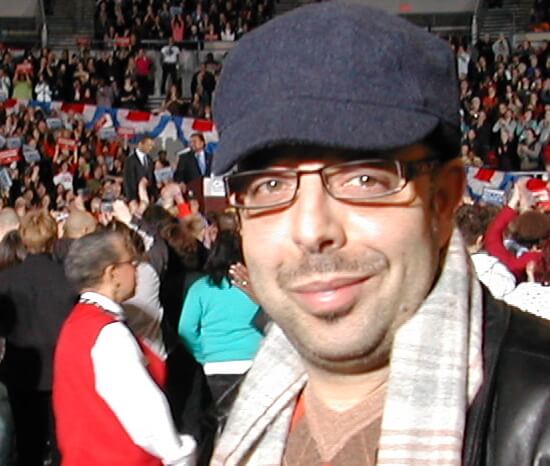
Is Islam compatible with Democracy? This is a question that has been sticking in the minds and on the tongues of many westerners and Muslim secularists. The real question is not whether Islam is adaptable with democracy, but is it adaptable with democratic laws and socio-economic values.
This is a $500,000 question, unless you are in Qatar or Turkey, where the ruling family finds a way to combine social Islamic values with modernity. Such a case creates a conceptualization of democracy and soft capitalism à la Qatar/à la Turque. It cannot be compatible with western societal values.
However, one should ask: Is Islamic political theory, the source of inspiration and reference of the legalist Islamists in Qatar and Turkey, who seem to accept democracy and modern capitalism?
The Islamist ideology that provides the definition for other religious adjectives is associated with the Islamists’ socio-political project, which complements the concept of democracy as a whole.
The State of Israel does not have a written constitution, it has arrived at a combination between theocracy and democracy, i.e., Jewish democracy. Political parties in Europe inspired by the center-right ideology contain a solid dose of Christian values, and are proud to announce their political program from those values, like the C.D.U. in Germany, the right-wing party in Spain, and Les Républicains (LR) presidential candidate Mr. Fillon in France.
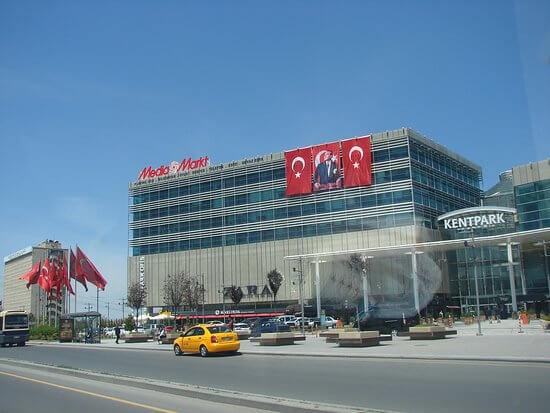
This puts the on-going dialectic narrative within the Muslim and Arab societies explicitly in Turkey with AKParti and the Brothers in the post-Arab Spring, where the Islamists emerged as an alternative force. One could argue that Islamic values of pluralism have already established themselves, in spite of the rational and historical determinants that direct the theme to be only a result of its determination and exercise.
This is criticized by the local secularists and skeptical westerners because according to them, the negation of freedom is an essential dimension of the human condition. This debate is taking place in Tunisia, Turkey and Egypt (is less because the Brothers were banned from power!) over the elaboration of a new constitution.
Under these conditions, the instrumentalization of Islamic pluralism becomes easier for the neo-conservative-Islamism social class to go from a middle-class to the creation of an “Islamic” bourgeois class. It draws a parallel with the economic boom in Qatar and Turkey. Nonetheless, the argument of the Islamists is weak.
Qatar for instance has a flow of liquidity that is heavily invested in education and real estate, it offers even a decent prosperity to Arab and Muslim expatriates that they lack in their own countries. On the other hand, the Islamists’ free market, trade and banking argument has an attentive ear in Tunisia, Algeria (al-Baraka Bank) and Morocco because the Islamists believe in commerce in terms of macro-economy.

Also, the lack of social and economic opportunity make these newly democratically-elected governments in these countries face serious democratic and demographic challenges from the lower class that is their voting reservoir.
In Morocco, the people are frustrated with their wrestling fight between the Islamist party PJD and the so-called liberal forces to form a coalition government; in Algeria the government is worried about the serious financial crisis. Tunisia still does not know, which path it should take involving change and continuity in its economic program, knowing it does not possess many options besides tourism.
The moderate Islamists, however seem to be seeking a realistic strategy to adjust between Sharia, martini and bikini like in Qatar, Morocco and Turkey. It is a crucial question for the Islamists to explain their approach on how to distinguish between the text and the context of the Sharia.
The acceleration of this process could clash with economic globalization and the new administration in the U.S. The main stake for the Islamists is in the conquest of power by democratic means through elections as it is happening now. Economists worry about their economic agenda, knowing the Islamists in North Africa and the Middle East appeal to the masses like Robin Hood, unlike in the Gulf where they are patronizing the nationals and the expats.
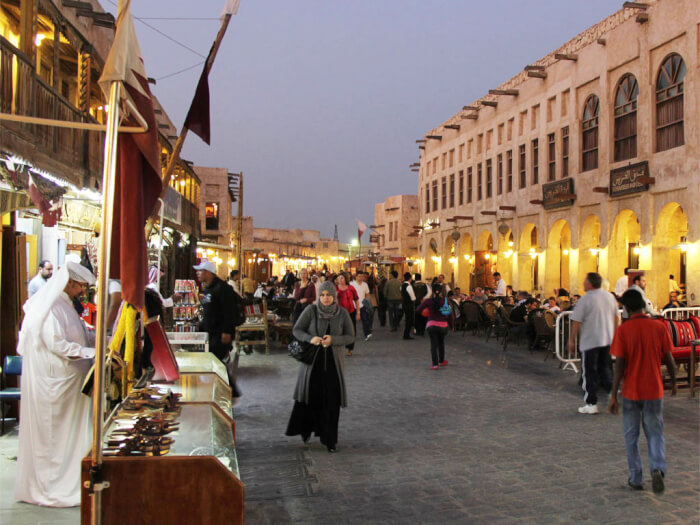
Another question that deserves to be asked when it comes to their macro-economic public policy: Are they going to favor the emergence of a “neo-bourgeoisie” aimed at the masses? In Algeria, one finds huge market control by the Islamists in the sense of parallel economy, an economy of the bazaar.
In this case, is not only this parasite economic class operating in the local anarchic code, but it is destroying any creation of wealth and development for a middle class to emerge, to some extent helping to the collapse of the Algerian Dinar.
The Islamists have become a horizontal alternative to the status quo, despite the fact that they are questioned about their political and economic motif and agenda for using Islam, the secularists believe that the exigence of Unity in Islam disallows any idea of division within the nation of al-Oumah al-Islamiya (the Islamic nation) into clans and factions.
In the 1920’s in Syria, Iraq and Turkey a secular movement that was the voice of modernity arose within the Arab societies out of the post-Ottoman Empire dislocation, replacing political religious sentiments with secular values.
This political movement put the modern structures of the nation-state in Iraq and Syria in place and paved the road to a liberal political Arab elite, adopting the ideas of democratic values, which led to the creation of al-Ba’ath (the resurrection) of the Arab nation. Such a movement was contrary to the Islamists, who were nostalgic and saddened by the death of the Islamic Caliphate under the reign of the Ottoman Empire in 1928.
This initiated the dichotomy between Islamists’ and nationalists’ societal objectives.
Nationalists look at the Arab Nation as an entity of common language and common destiny, whereas the Islamists look at the Oumah (nation) not as a nationality but a religious entity. Thus, the Iranian Islamic Revolution not only regenerated the Islamic ideology, but was considered the rebirth of the Islamist political project across the Muslim world, even though the mainstream Sunni Islamist leaders and militants did not share al-Khoumeini’s doctrine and strategy.
The pivotal concept of its ideology and societal imperative are what is known among the fundamentalists as E-Nedham (order). Their goal, however is an Islamization of the political order and the economic trajectory, either by revolution or evolution.
The latter is more plausible following the current events in the region with the implication of de-westernization process led by the conservative masse, it follows a divine order versus secular order, in other words E-choura versus secular democracy.
Arab and Muslim political consciousness is heading toward a “neo-patriarchal bourgeoisie” between the emerging actors, the Islamists, the military and the Royal families, e.i, in Morocco, eventually in Jordan, Qatar and Kuwait will reach a social and systemic political order that should implement the rule of flexible economic laws — if they want their public inclusive policies just for all.


- The Israeli-Palestinian Conflict: Is the Neither-Peace-nor-Security As-sumption Dominating Again? - June 7, 2021
- Algeria: “I Can See Clearly Now” - August 5, 2019
- Majesty Mohammed VI and General Gaïd Salah Tear Down This Wall! - July 29, 2019













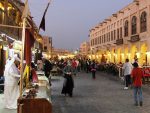

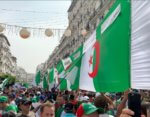

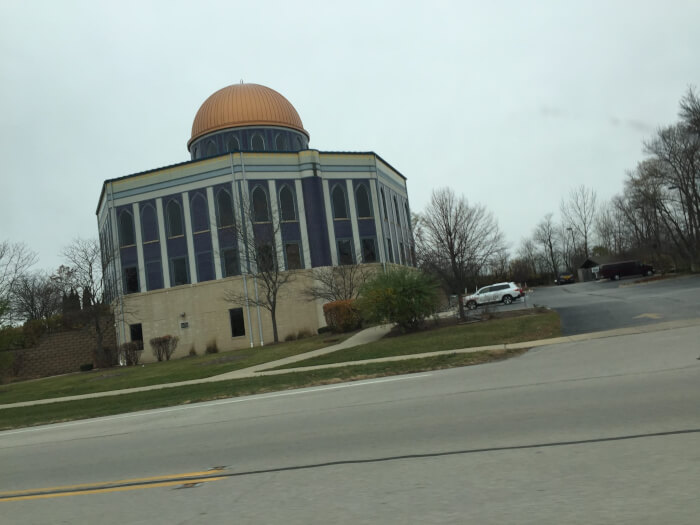



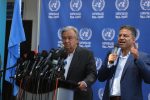

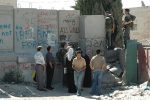
Islam is no less compatible with democracy than Christianity or Judaism or any other bronze- or stone-age superstition. In the U.S. today we don’t even know whether democracy is compatible with democracy. Then there are the dumb and vicious things that even democracies do – like topple the Baath regime in Iraq in a bloodbath violation of international law and decency, leaving a vacuum for those to fill who have even greater disrespect for democratic values. No need to isolate Islam, especially considering that it is only a recruiting tool for people legitimately concerned with U.S. interference in their affairs – like stealing from their future by contracting with the dictatorial Saudis to pay the Saudi family trillions for the oil beneath the soil of the people of the Arabian peninsula and arming these dictators with the latest in military butchery to keep the people down. Then the democracy pretends that “they hate us for our freedoms” to clear our conscience, a modern superstition we use as our own recruiting tool. We are no better than anyone else just because we vote for our monsters. We should have learned that lesson in the 20th century.